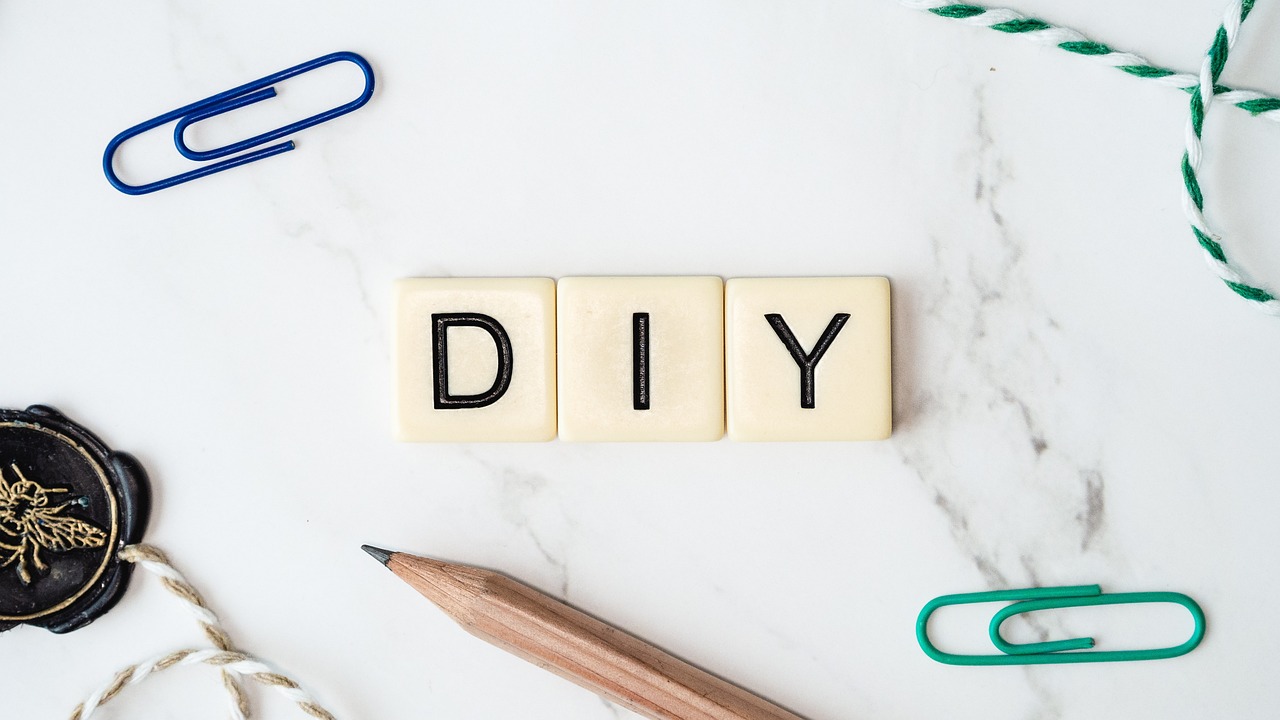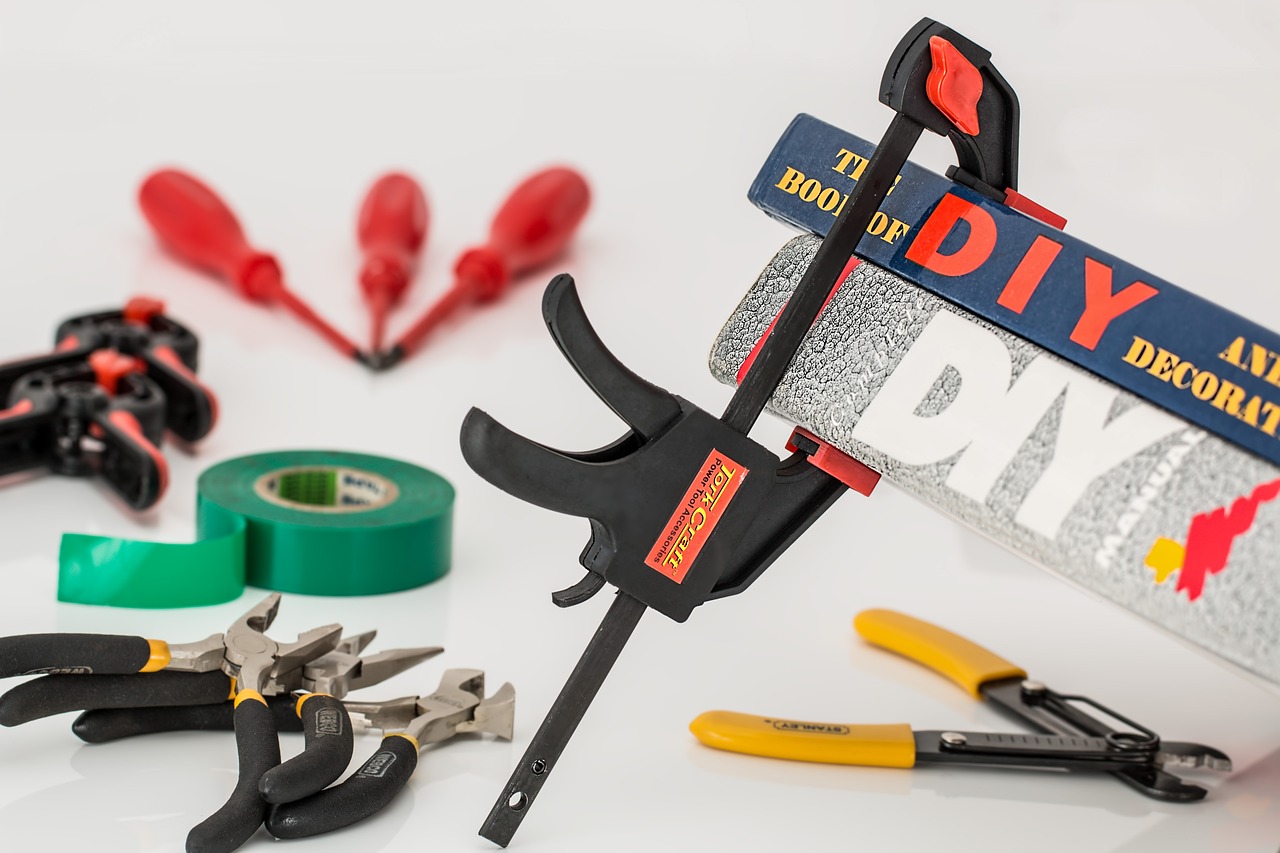The number of DIY wills have increased in recent times but you need to check that they are correct.
The common mistakes made when making a DIY will are:
- Witnesses signing the document but not printing their name and address
This means they are unknown and unable to be contacted if witness statements are needed
- Inelligible handwriting
DIY wills are often handwritten and if it’s difficult to read then it could be difficult to interpret the wishes documented in the will
- Copying another will
Some people use another’s a template to draft their wills. The issue is where specific clauses in one will do not apply to another. This could cause the will to be challenged or be invalid
- Failure to consider international aspects
If assets are deemed to be international, consideration needs to be given if English law should be applied and this will need to be detailed in the will
- Invalid witnesses
Many people are unaware TWO witnesses are required to validate a will. Neither of which can be a beneficiary or married to a beneficiary
Although DIY wills cost less they can incur additional costs later down the line where some of the issues above are encountered.
If you would like to keep up with our latest posts and advice about estate planning through the regular advice that we provide to our clients in this regard, then please also feel free to follow us on
Twitter at ADouglasWills
Facebook at AndrewDouglasWills
Instagram at adouglaswills





